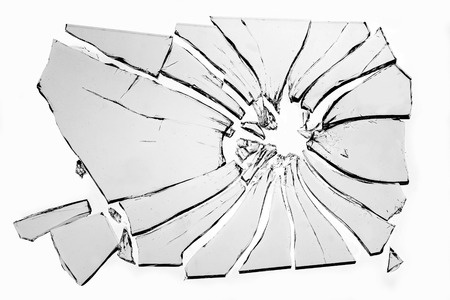When, in the course of human history, people coalesce around a cause, invariably, it is the fringe and fanatical that visit shame and derision on said cause.
Case in point:
Climate change is real. To assume otherwise is to ignore both established science and our own eyes. Further, and this is also beyond argument, climate change is linked to humans—the extent to which that link is made, whether larger or smaller, can be debated. The fact remains that human action has influenced our climate; our climate is changing, and barring any technological leap in space travel, we have but this one planet on which to live.
There are several sources to this statement (Indian and Greek, among others), but the sentiment is the same:
“A society grows great when old men plant trees in whose shade they know they will never sit.”
Whether it is the group Just Stop Oil or Riposte Alimentaire, I believe in their causes. However, I also know that while fossil fuels are limited in their amount worldwide and the cause of enormous amounts of pollution, I also know that neither Van Gough, Da Vinci, nor Monet will be painting anything ever again. Throwing paint or soup at these masterpieces does two things.
First, it brings attention to the cause. I would argue in the wrong way. Again, I believe in their cause. However, their cause, while not getting nearly enough meaningful action from politicians and nations, is not a generally unknown niche item. Everyone has heard about climate change. You don’t need to draw attention to it as if it’s been wallowing in a distant dark corner. You are turning millions of like-minded individuals from standing with you. They want to crawl into a hole to avoid being associated with you and your idiotic stunt.
Second, I believe the attention you ultimately sought with your stunt had less to do with your cause and more to do with you having your picture taken standing next to a disfigured masterpiece covered in paint or soup while you gloomily pose, maybe glued to the frame.
Grassroots activism takes organization and time. It takes determination and persistence. Ultimately, it takes moving the Overton Window so politicians feel they must be part of your movement. And that comes from the inside. It comes from boldly participating in legislative hearings. It comes from lobbying legislators at all levels repeatedly. It does not come from petitions or stunts.
We need change on many social issues, not the least of which are climate change for the planet and gun violence in America. Mothers Against Drunk Driving set the template for success. Moms Demand Action, Everytown, and other gun violence groups have adopted that template. Just Stop Oil and Riposte Alimentaire may have arms of their organizations that attempt the same measures as these more successful organizations. All I know is what I see on the news. And the photos I see on the news, especially as an art lover, make me cringe. The tiny conspiracy theorist in the back of my head wonders whether these stunts because they are so antithetical to the genuinely just cause, are backed by the petroleum industry to discredit all climate change activists. I hope I’m wrong.
Either way, stop gluing yourself to paintings, throwing paint on masterpieces, and throwing food at art. You look like an idiot and damage your supposed cause. These masterpieces have survived (so far) because art restoration professionals consider it an honor and duty to protect and preserve the art. The activists should adopt that level of care and dedication, again, in whose cause I believe, before a masterpiece is lost because of their stunts. Passion alone will not win the day. It’s a marathon, not a sprint. One cannot plant a tree tomorrow morning and expect to sit in its shade in the afternoon.





 We are divided. We are angry. Regardless of what side of the political chasm you stand on, we each scream at ears that cannot hear. Each side can site their own origin for our condition, but increasingly, our cold civil war is getting hot.
We are divided. We are angry. Regardless of what side of the political chasm you stand on, we each scream at ears that cannot hear. Each side can site their own origin for our condition, but increasingly, our cold civil war is getting hot.



 James Brady died today.
James Brady died today.